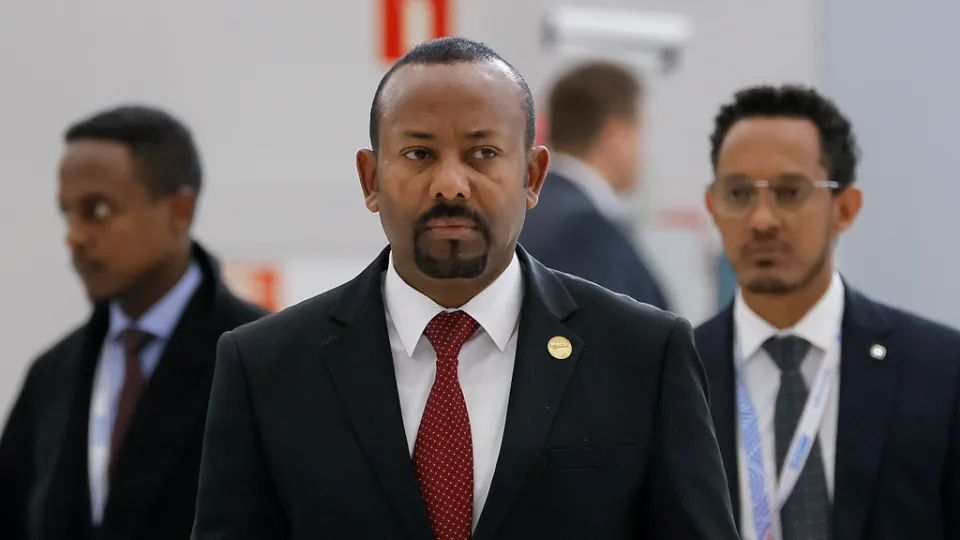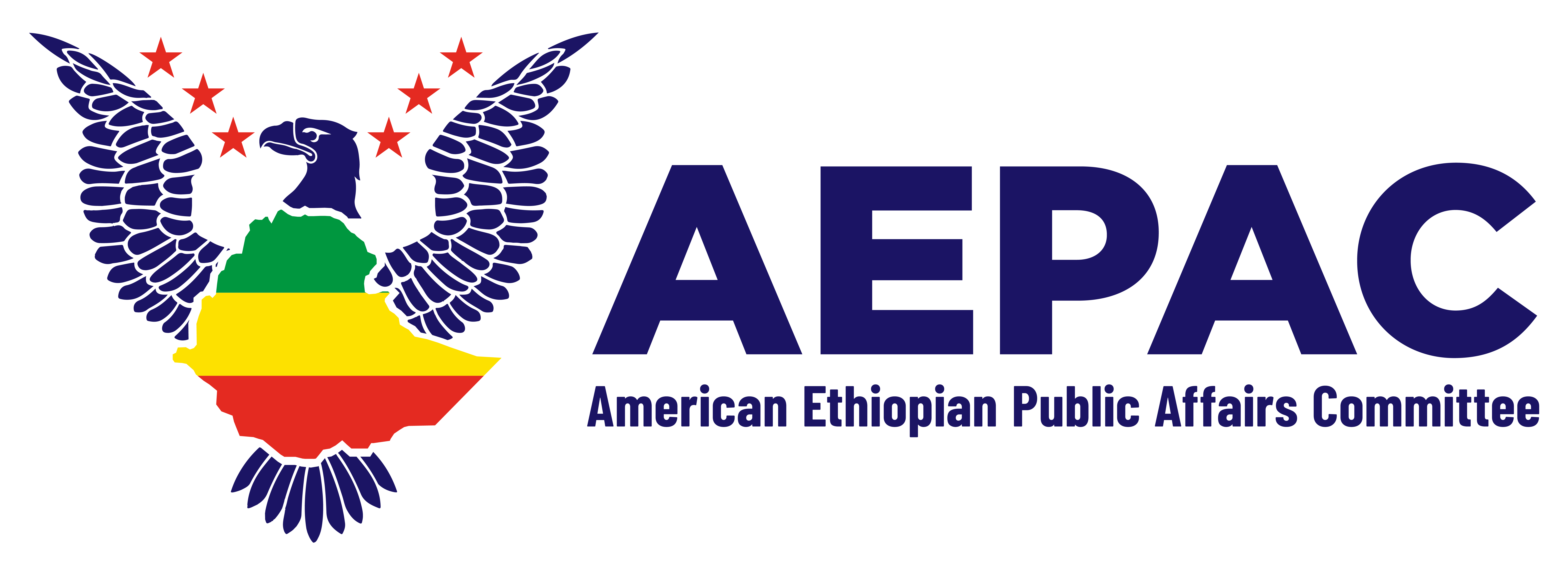By Mesfin Tegenu

With over 120 million people, Ethiopia is Africa’s second most populous country and one of the world’s oldest civilizations. Strategically located in the Horn of Africa, it carries immense geopolitical importance.
Yet despite its rich history, Ethiopia today is among the most repressive environments for press freedom. The government continues to stifle independent journalism through censorship, harassment and arbitrary detention.
According to the 2024 World Press Freedom Index by Reporters Without Borders, Ethiopia is ranked 141st out of 180 countries for media freedom. The Committee to Protect Journalists further confirms that Ethiopia is one of sub-Saharan Africa’s top jailers of journalists, holding six journalists in prison as of Dec. 1, 2024, making it second only to Eritrea in the region.
Since the outbreak of government-led conflict in the Amhara region in 2023 — compounded by ongoing unrest in all parts of the country — journalists have faced escalating threats and imprisonment for simply reporting the truth. In August 2023, the Ethiopian government declared a state of emergency covering the Amhara region and beyond. This has been criticized by Amnesty International as a pretext for authoritarian control. The Committee to Protect Journalists has documented misuse of anti-terror laws and prolonged detentions in unofficial facilities.
Among those unjustly detained is Meskerem Abera, founder of Ethio Nikat Media. Amnesty International has stated that the charges against her appear politically motivated as part of a broader crackdown on journalists critical of the government.
Equally emblematic is the case of Dereje Habtewold, a veteran journalist sentenced to imprisonment in exile by the former Ethiopian People Revolutionary Democratic Front regime. In exile, he continued to report through Ethiopian Satellite Network TV, a YouTube-based outlet serving the diaspora.
But YouTube — owned by Google — is increasingly undermining that mission.
According to a recent Ethiopian Satellite Network TV statement, Maede Zenachannel (where Habtewold serves as main reporter) was arbitrarily terminated on July 21, 2025, followed by Ethiopian Satellite Network TV’s main YouTube channel on July 30, 2025. YouTube issued only vague references to violations of “community standards,” offering no transparency or meaningful recourse.
Other independent Ethiopian media outlets — such as Zewdu Show, Ethio 360 and 14 channels affiliated with the Amhara Media Council including Merja TV, Ethio 251 Media, Ghion TV Multimedia — have also been removed from YouTube without warning or justification. These outlets, many with hundreds of thousands or even millions of subscribers, have served as lifelines for independent news, especially as press freedom deteriorates inside Ethiopia.
Even American journalists are being swept up in this wave of silencing. Salome Mulugeta, founder of Hello Ethiopia, has had her YouTube channel blocked for more than eight months. YouTube has provided the same non-compliant to community standards justification for blocking her channel.
YouTube CEO Neal Mohan’s 2022 testimony before U.S. Congress included a powerful statement: “YouTube’s mission is to give everyone a voice and show them the world.” That mission is commendable, but it must be upheld consistently. Ethiopian journalists and diaspora media leaders cannot accept the selective enforcement of content standards, particularly those Mohan outlined to then-Sen. Rob Portman (R-Ohio) and the Senate Committee on Homeland Security and Governmental Affairs.
When principles of fairness and transparency are applied unevenly, it erodes YouTube’s credibility and also enables authoritarian regimes to shape the global narrative without challenge.
YouTube plays a critical role in amplifying the voices of exiled and independent journalists, especially those reporting on crises ignored by state-controlled or mainstream outlets. Yet its opaque and seemingly biased moderation practices increasingly threaten that role.
By disproportionately targeting content critical of the Abiy Ahmed regime, particularly reporting on war on Amhara region, human rights abuses, the imprisonment of civilians and opposition party leaders, systemic corruption, religious persecution and the erosion of the rule of law — YouTube risks becoming complicit in suppressing truth. These actions contribute to an information vacuum, embolden authoritarianism and undermine the democratic values the platform claims to uphold.
This is not just an Ethiopian diaspora journalist problem. As artificial intelligence and algorithms increasingly control what content is visible — and what is silenced — the unchecked power of tech platforms threatens global press freedom.
Congress must take concrete steps to remedy this.
- Hold public hearings on content moderation, compelling tech executives to explain how and why journalistic content — especially from politically sensitive regions — is being removed.
- Demand transparency from YouTube and Google regarding their moderation policies, enforcement data and algorithmic biases that may disproportionately affect dissident voices.
- Introduce legislation to establish clear standards and oversight for how tech platforms manage news and political speech globally.
- Pass resolutions affirming U.S. support for press freedom and working with international organizations to pressure governments — like Ethiopia’s — to halt the persecution of journalists.
- Invest in independent journalism, including training, digital security and tools to help reporters navigate censorship and algorithmic suppression.
Failure to act now risks normalizing the dangerous precedent that global tech platforms can silence journalists without accountability, while authoritarian governments cheer them on. When truth tellers are digitally erased and propaganda prevails, the foundation of democracy itself begins to crack.
Mesfin Tegenu,
Executive chairman of the American Ethiopian Public Affairs Committee.
